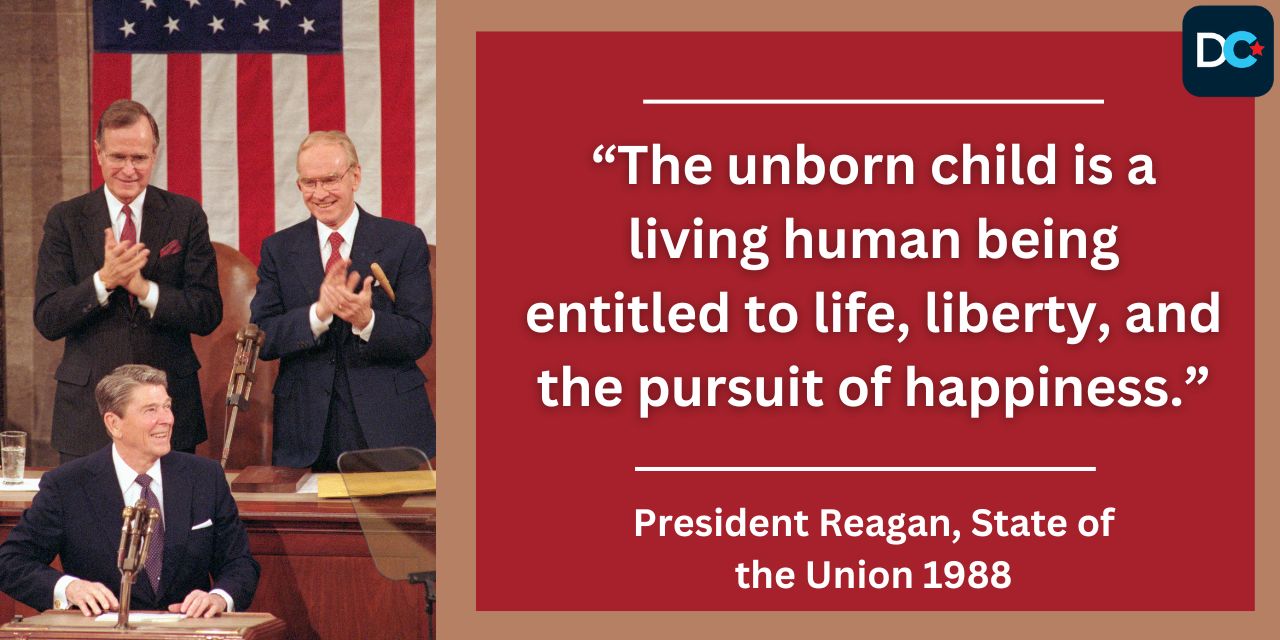Thursday night’s State of the Union address is expected to be considerably longer than the first – an 1,100-word message delivered by President George Washington on January 8, 1790. It took him just ten minutes to deliver it.
“There is nothing which can better deserve your patronage than the promotion of Science and Literature,” Washington told the Congress and nation. “Knowledge is in every country the surest basis of public happiness.”
State of the Union addresses have evolved over the years. Washington’s first may have been the shortest – but for over a century, presidents didn’t even deliver them via a speech.
Despite Washington and Adams beginning the tradition of delivering an in-person address, Thomas Jefferson chose to submit his in written form only. Even Teddy Roosevelt, who was known to welcome the spotlight and even keep talking after being shot, delivered the annual report in writing.
It wasn’t until Woodrow Wilson arrived in person to address the joint session of Congress that the tradition tipped back to its original form – and only until Wilson’s stroke necessitated paper and pen delivery rather than a public oration. There’s even some speculation Wilson wasn’t even aware of what was submitted in his name.
The president’s annual message has become high drama and ripe for headlines.
It’s been said that President James Polk’s pronouncement in 1848 of “accounts of the abundance of gold” out west triggered a mass migration in the search for personal fortunes. The California Gold Rush was on.
As the Civil War raged in 1862, President Abraham Lincoln elegantly and eloquently warned of the moment.
“The dogmas of the quiet past are inadequate to the stormy present,” he wrote. “The occasion is piled high with difficulty, and we must rise with the occasion. As our case is new, so we must think anew, and act anew. We must disenthrall ourselves, and then we shall save our country.”
President Franklin Roosevelt was a man made for media, especially his ability to connect with the American people in his popular fireside chats.
The 1942 State of the Union came just weeks after the nation was thrust into World War II. FDR used theoccasion to articulate why we were fighting a two front battle, boiling it down to what became known as the “Four Freedoms.”
“Freedom of speech and expression…Freedom of every person to worship God in his own way…Freedom from want, which… means economic understandings which will secure to every nation a healthy peacetime life for its inhabitants…Freedom from fear… a world-wide reduction of armaments to such a point … that no nation will be in a position to commit an act of physical aggression against any neighbor—anywhere in the world.”
Curiously, when Richard Nixon delivered the 1973 State of the Union, just weeks after the Supreme Court legalized abortion in every state, the president didn’t even mention it. Instead, Nixon called the state of the union “sound” and “full of promise.”
Fifteen years later, Ronald Reagan addressed the issue of life head on in his 1988 address:
Tonight, I call America—a good nation, a moral people—to charitable but realistic consideration of the terrible cost of abortion on demand. To those who say this violates a woman’s right to control of her own body: Can they deny that now medical evidence confirms the unborn child is a living human being entitled to life, liberty, and the pursuit of happiness?
Let us unite as a nation and protect the unborn with legislation that would stop all Federal funding for abortion and with a human life amendment making, of course, an exception where the unborn child threatens the life of the mother. Our Judeo-Christian tradition recognizes the right of taking a life in self-defense. But with that one exception, let us look to those others in our land who cry out for children to adopt. I pledge to you tonight I will work to remove barriers to adoption and extend full sharing in family life to millions of Americans so that children who need homes can be welcomed to families who want them and love them.
The State of the Union address has been called the most exciting night in Washington, and the most boring one on television. Nevertheless, the speech provides the president with the ultimate bully pulpit to speak directly to the American people. The best ones don’t waste it, utilizing the time to champion noble goals -especially the preservation and protection of innocent preborn life.
Image from Getty.






